Netanyahu urges May to follow Trump's lead on Iran sanctions
British Prime Minister Theresa May is hosting her Israeli counterpart in Downing Street, with Benjamin Netanyahu saying that "responsible" countries should follow US President Donald Trump in imposing new sanctions against Iran.
The meeting got off to an awkward start when Netanyahu arrived at the door of No. 10 on Monday to find no one there to greet him.
While waiting outside, the Israeli premier grabbed the opportunity to criticize Iran.
"We face challenges, that’s very clear, from militant Islam and especially from Iran. Iran seeks to annihilate Israel, it seeks to conquer the Middle East, it threatens Europe, it threatens the West, it threatens the world. And it offers provocation after provocation," Netanyahu told reporters.
"That’s why I welcome President Trump’s assistance of new sanctions against Iran, I think other nations should follow suit, certainly responsible nations," he added.

"And I’d like to talk to you about how we can ensure that Iran’s aggression does not go unanswered," he continued.
Before flying to London, Netanyahu had said he wanted to “tighten” relations with Britain in the face of the “extraordinary aggression” from Iran.
The Trump administration announced new sanctions against Iran on Friday, just two days after the White House put Iran "on notice" following a ballistic missile test.
The 13 individuals and 12 entities subject to new restrictions cannot access the US financial system or deal with American companies.
Those individuals and entities, which are based in Iran, the United Arab Emirates, Lebanon and China, are also subject to secondary sanctions, meaning foreign companies and individuals are prohibited from dealing with them or risk being blacklisted by Washington.
London against Israeli settlements
Minutes before Monday's meeting, a Downing Street spokeswoman told the media that May will tell Netanyahu that London is against the construction of settlements on the occupied Palestinian lands.
"Of course I would expect the Middle East peace process to come up, and in that context the PM to reiterate our long-standing position ... that we see the continued increase in settlement activity undermining trust," the spokeswoman told reporters.
A group of demonstrators gathered opposite Downing Street to protest Netanyahu’s visit. They held placards reading “Free Palestine,” and shouted slogans against Israel.


Over half a million Israelis live in more than 230 illegal settlements built since the 1967 Israeli occupation of the Palestinian territories of the West Bank, including East Jerusalem al-Quds.
The United Nations and most countries, including the US and UK, regard the Israeli settlements as illegal because the territories were captured by Israel in a war in 1967 and are hence subject to the Geneva Conventions, which forbid construction on occupied lands.
The presence and continued expansion of Israeli settlements in occupied Palestine has created a major obstacle for the efforts to resolve the conflict.
VIDEO | Press TV's news headlines
Child detentions surge under Trump deportation campaign: Report
VIDEO | Trump's Gaza 'peace plan' dismissed as 'one-sided and unworkable'
Sheikh Qassem: Hezbollah foiled objectives of enemy’s aggression
VIDEO | Transatlantic rift at Munich Security Conference
‘Textbook definition of terrorism’: Tehran denounces Pelosi’s call on US to exact ‘pain’ on Iranians
VIDEO | 39th AU summit opens in Addis Ababa with focus on water security, peace, and development
VIDEO | Iran: The stronghold Washington lost


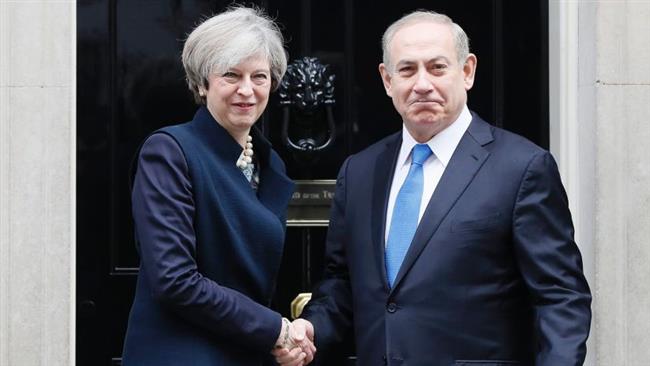
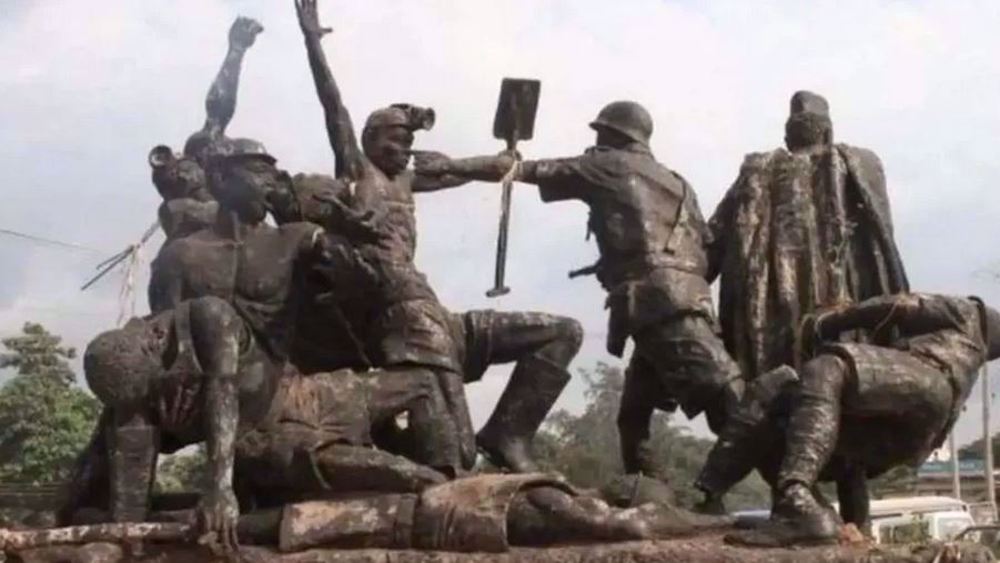
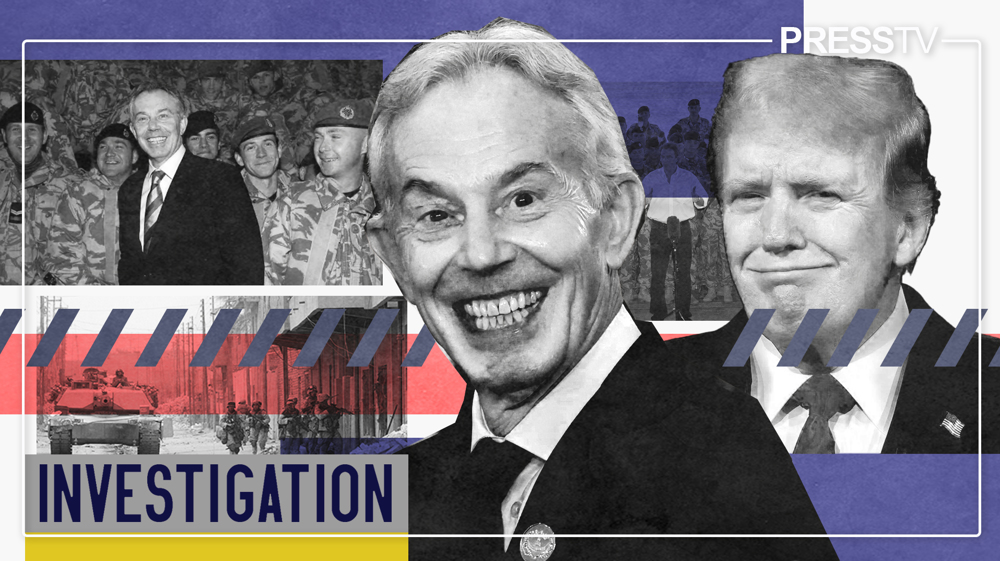




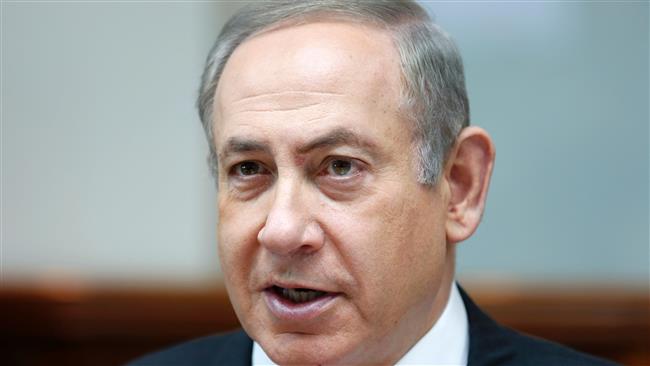
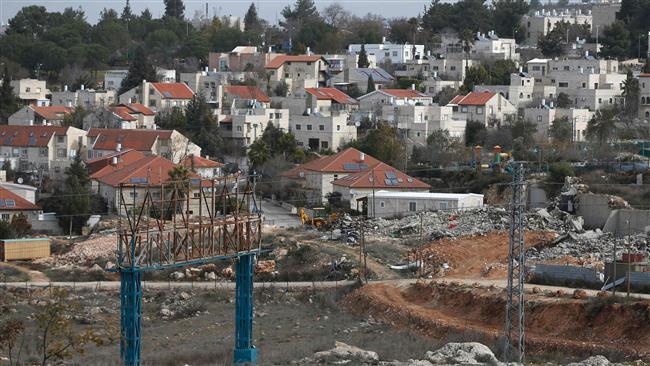
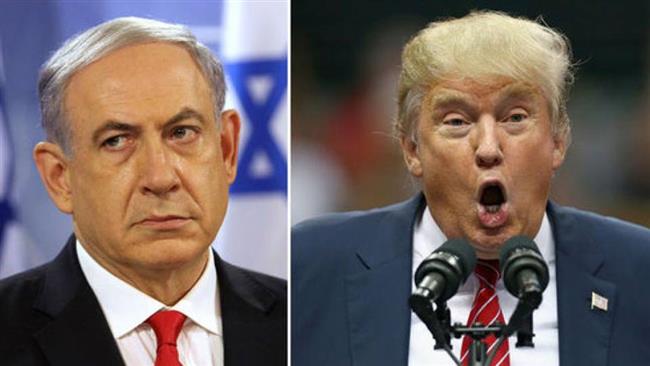

 This makes it easy to access the Press TV website
This makes it easy to access the Press TV website